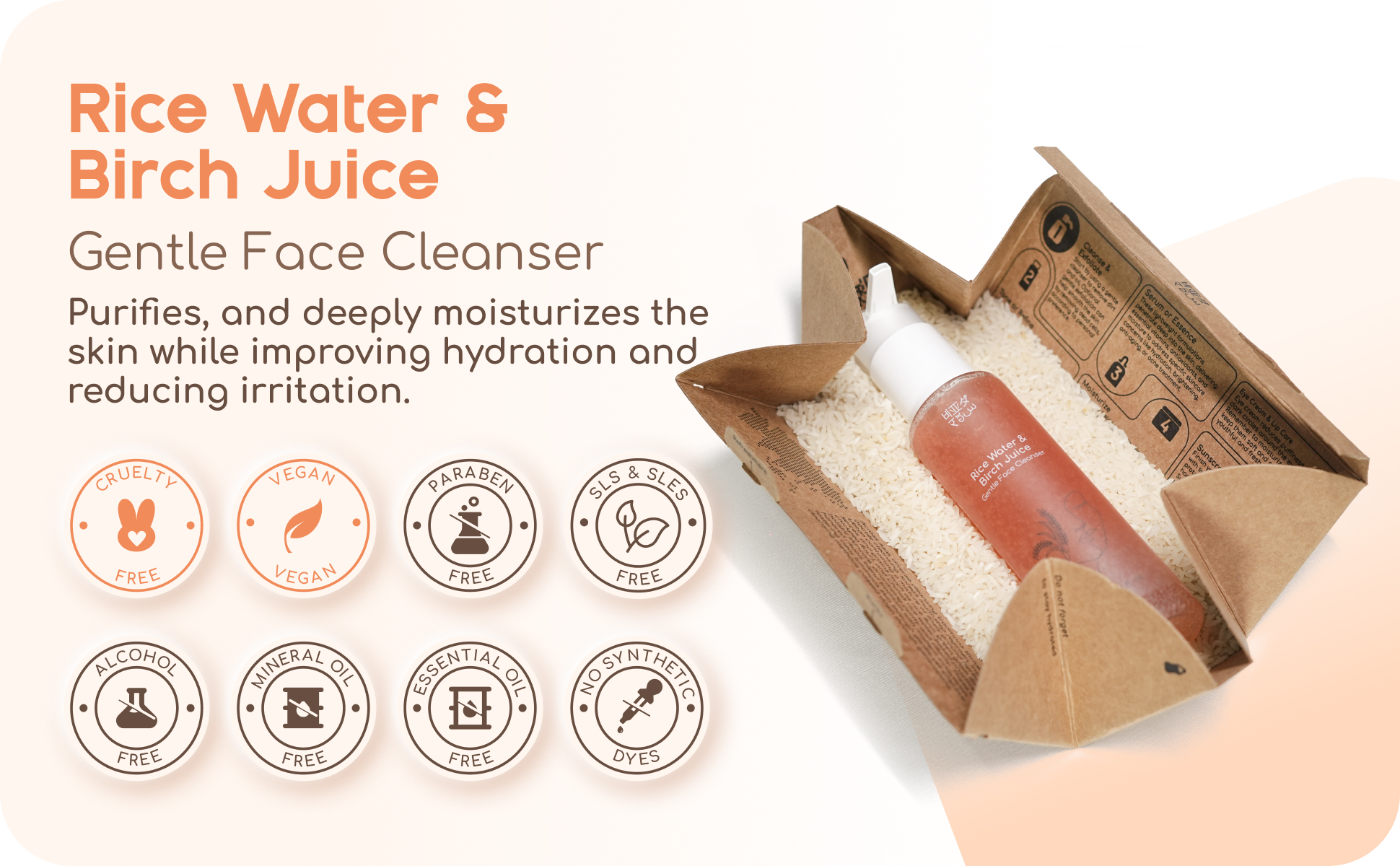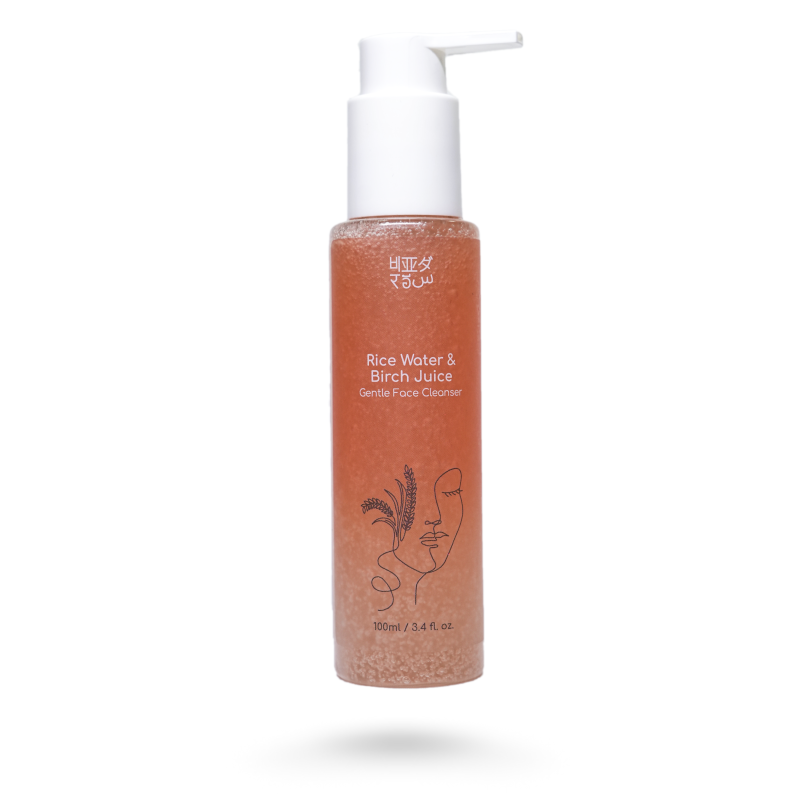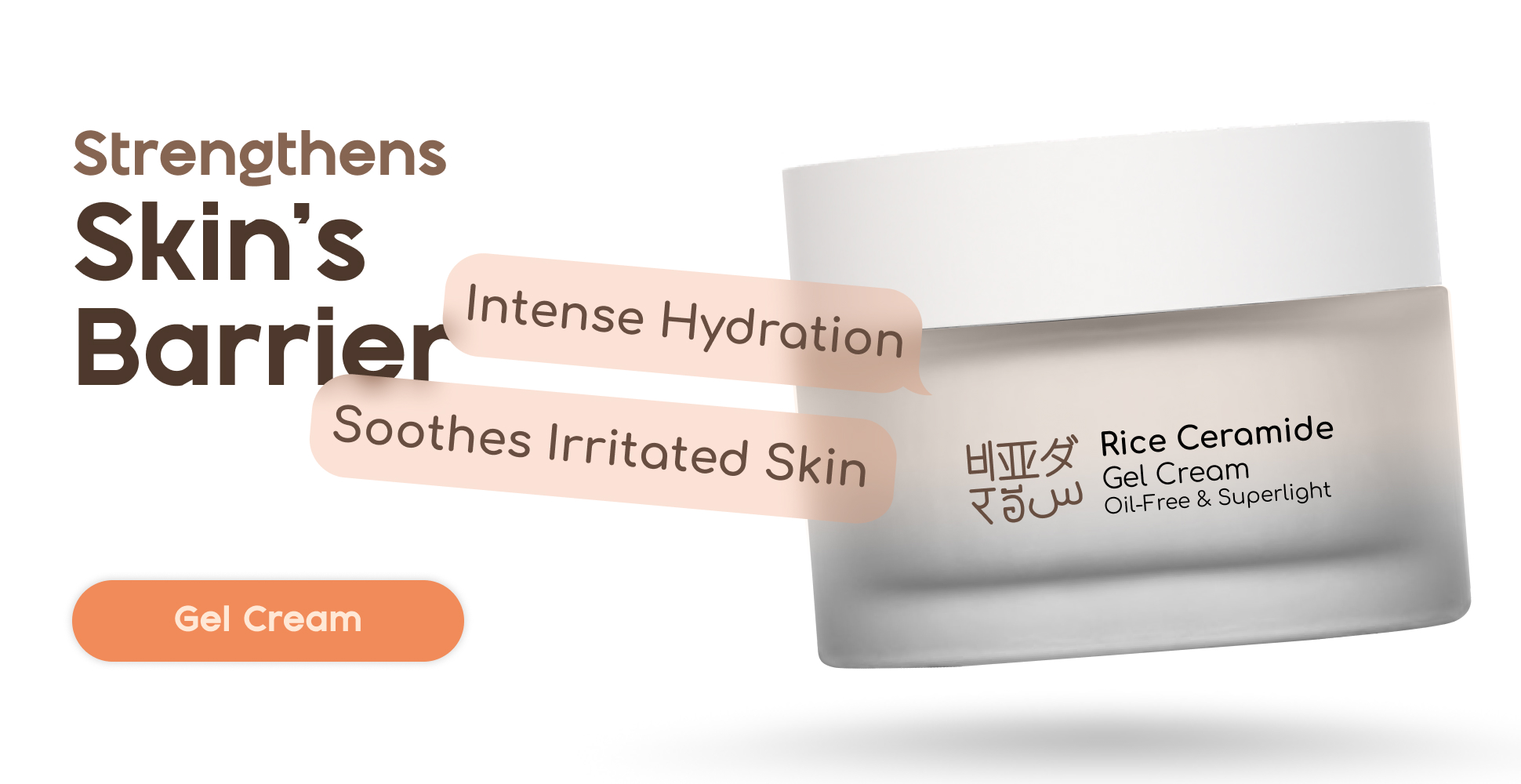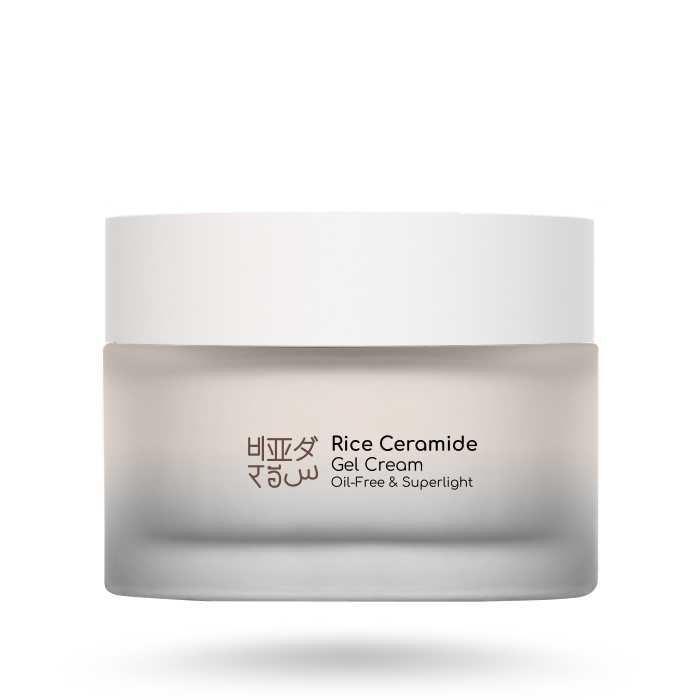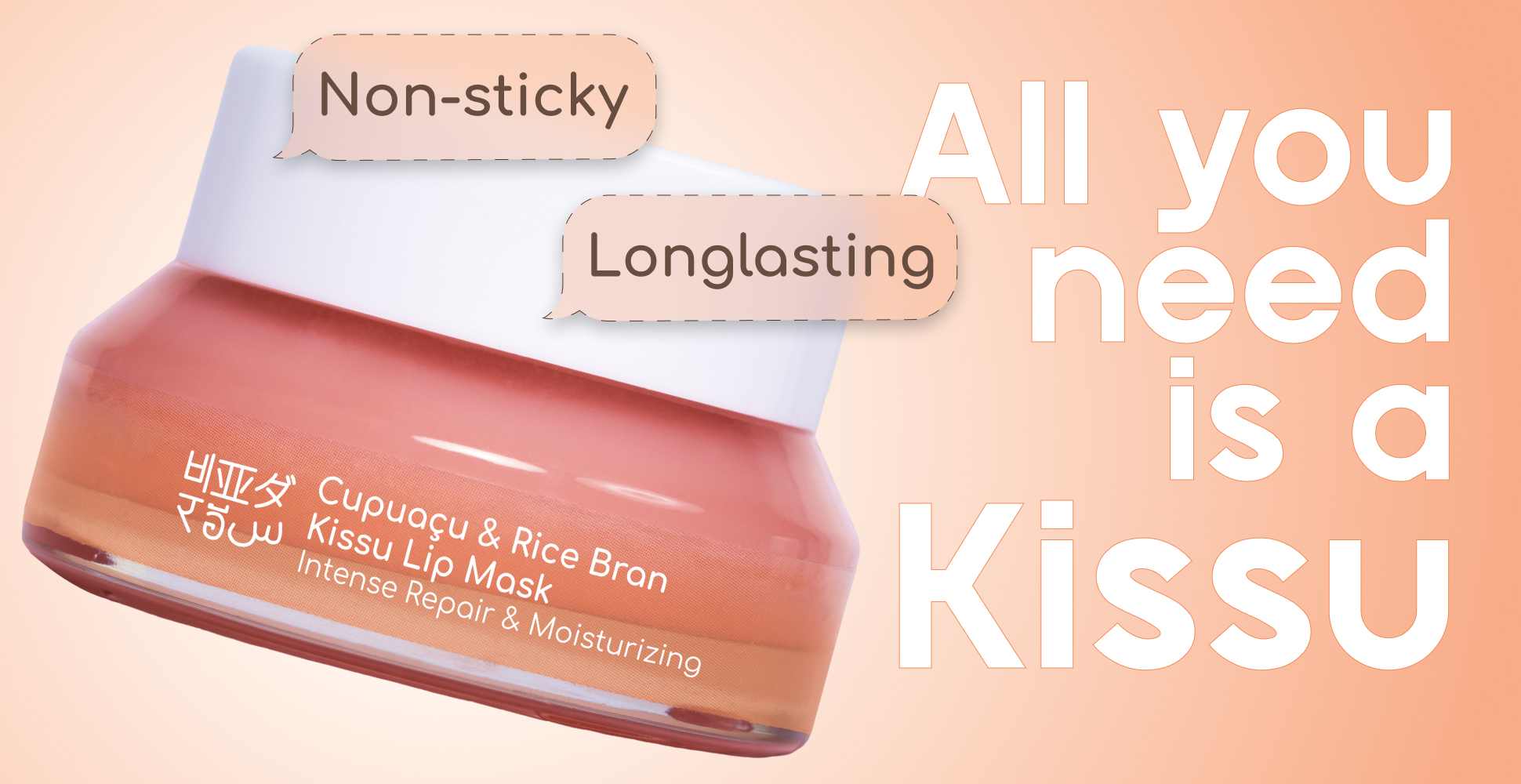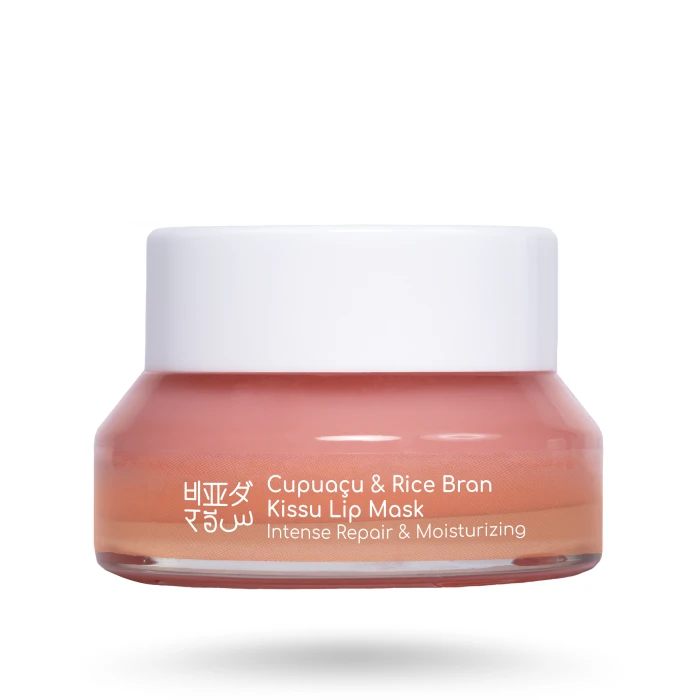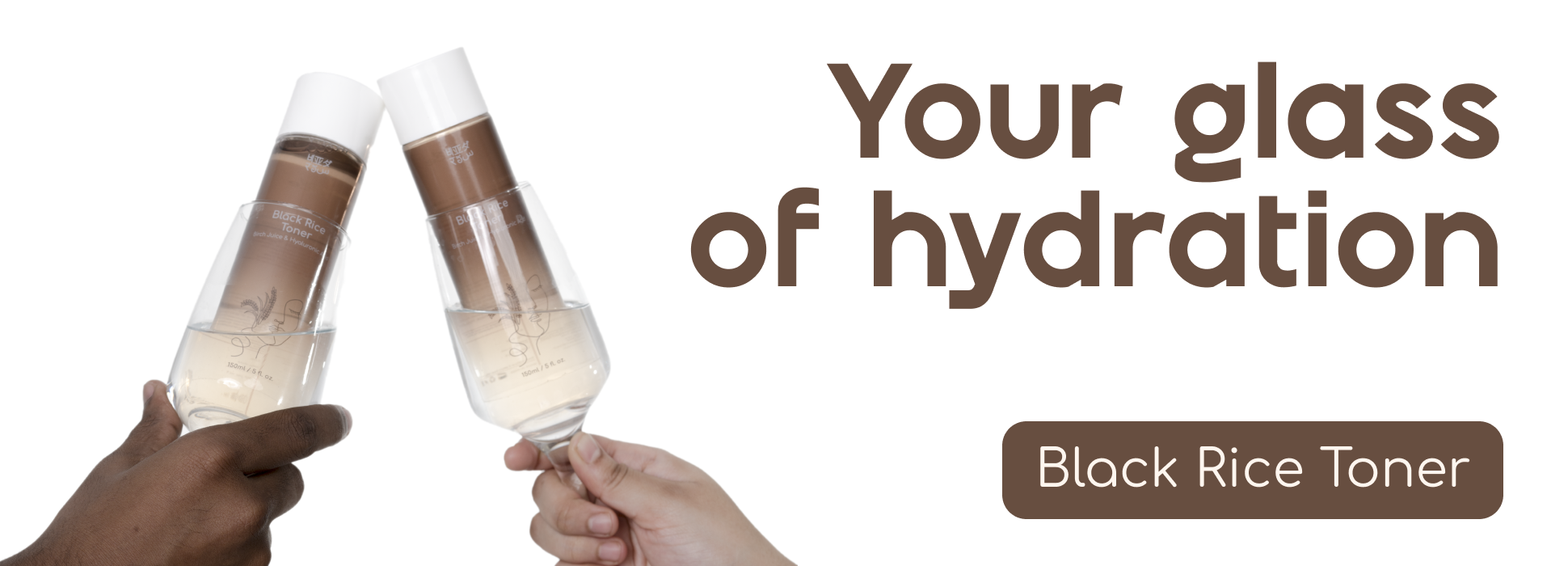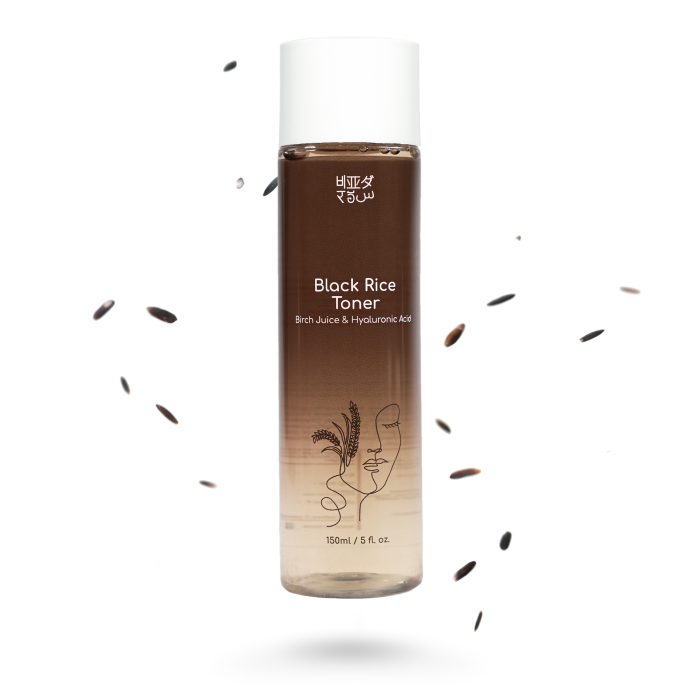Our Hero Products
Kissu Lip Mask – Capuacu butter, Jojoba oil & Rice Bran
What is lactobacillus plantarum?
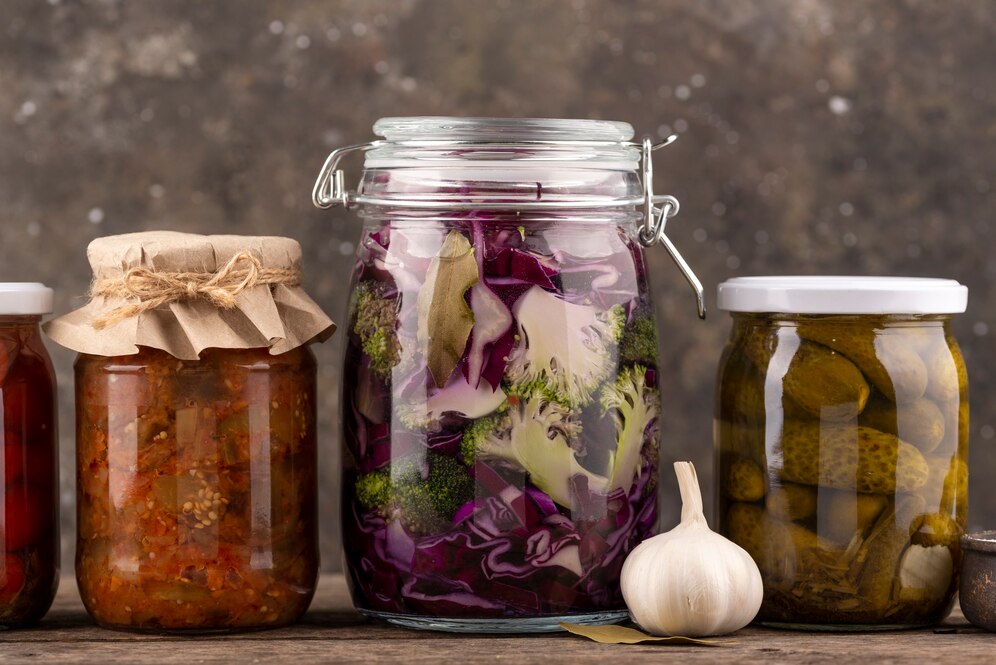
Lactobacillus plantarum is a beneficial bacterium belonging to the Lactobacillus genus, known for its probiotic properties. Probiotics are friendly bacteria that offer numerous health benefits, particularly in maintaining gut health.
“Good” bacteria such as L. plantarum can help break down food, absorb nutrients, and fight off “bad” organisms that might cause diseases. Specific strains of L. plantarum are commonly added to fermented foods like yogurt and are also found in probiotic supplements.
When it comes to gut health, Lactobacillus helps maintain a healthy balance of gut flora by crowding out harmful bacteria and supporting the growth of beneficial microbes. This balance is crucial for proper digestion, nutrient absorption, and overall well-being.
Foods That Contain Lactobacillus Plantarum for Gut Health
Incorporating these delicious foods into your diet can help you increase your intake of Lactobacillus plantarum and other beneficial probiotics, supporting healthy gut microbiota and overall well-being.
- ???? Yogurt: Yogurt is a food produced by bacterial fermentation of milk.
- ???? Sauerkraut: Sauerkraut, a fermented cabbage dish.
- ????️ Kimchi: Kimchi, a traditional Korean fermented vegetable dish.
- ????Kombucha: Kombucha, a fermented tea beverage.
- ???? Miso: Miso, a traditional Japanese seasoning made from fermented soybeans.
- ???? Tempeh: Tempeh, a fermented soybean product.
- ????Natto: Natto, a traditional Japanese fermented soybean dish.
- ???? Kefir: Kefir, a fermented milk drink.
- ????Cheese: Certain types of cheese, such as Gouda and cheddar.
Benefits
Digestive Support
Lactobacillus plantarum aids in digestion by breaking down food particles and promoting smoother gastrointestinal function. It helps alleviate common digestive issues like bloating, gas, and indigestion, allowing you to enjoy meals without discomfort.
Immune System Boost
By maintaining a healthy balance of gut flora, L. plantarum supports a robust immune system. It helps strengthen your body’s defenses against infections and illnesses, reducing the likelihood of falling sick and promoting overall resilience.
Anti-Inflammatory Properties
L. plantarum produces compounds that help reduce inflammation in the gut, making it beneficial for individuals with conditions like irritable bowel syndrome (IBS) or inflammatory bowel disease (IBD). Its anti-inflammatory effects contribute to gut comfort and improved digestive health.
Enhanced Nutrient Absorption
One of the key benefits of Lactobacillus plantarum is its ability to enhance nutrient absorption in the intestines. Improving the absorption of essential nutrients like vitamins and minerals ensures that your body gets the most out of the food you eat, supporting overall health and vitality.
Mood Regulation
Surprisingly, L. plantarum also plays a role in mood regulation through the gut-brain axis. By influencing neurotransmitter production, it may contribute to improved mood and mental well-being, highlighting the intricate connection between gut health and emotional balance.
Supports Skin Health
A healthy gut reflects on the outside too! Lactobacillus plantarum’s beneficial effects on gut health can also translate to healthier skin. By promoting gut integrity and reducing inflammation, it may contribute to clearer, more radiant skin.
Balances Gut Microbiota
L. plantarum helps maintain a balanced gut microbiota by crowding out harmful bacteria and supporting the growth of beneficial microbes. This balance is crucial for overall gut health, digestion, and immune function.
Incorporate Lactobacillus Plantarum into Your Diet
- Fermented Foods: Include fermented foods like yogurt, kefir, kombucha, sauerkraut, and kimchi in your diet regularly to introduce Lactobacillus plantarum and other probiotics into your gut.
- Probiotic Supplements: If you’re looking for a convenient way to boost your probiotic intake, consider taking Lactobacillus plantarum supplements. Always choose high-quality supplements from reputable brands.
- Prebiotic Foods: Don’t forget about prebiotics! These are fiber-rich foods like bananas, onions, garlic, and whole grains that nourish the good bacteria in your gut, including L. plantarum.
- Balanced Diet: Maintain a balanced diet rich in fruits, vegetables, whole grains, and lean proteins to support overall gut health and microbial diversity.
Side Effects
Sending love and digestive harmony your way✨.
P.S. Have you explored the world of Lactobacillus plantarum-rich foods yet? Share your gut-friendly journey with us in the comments below! Let’s nourish our bodies and a healthy gut together! ????????


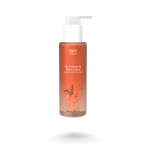 Gentle Face Cleanser - Rice Water & Birch Juice
Gentle Face Cleanser - Rice Water & Birch Juice
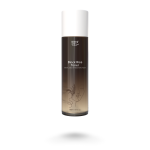 Black Rice Toner - Hyaluronic Acid
Black Rice Toner - Hyaluronic Acid
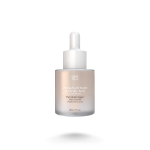 Face Glow Serum - Alpha Arbutin & Ferulic Acid
Face Glow Serum - Alpha Arbutin & Ferulic Acid
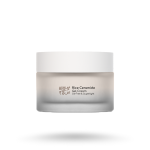 Rice Ceramide Gel Cream
Rice Ceramide Gel Cream
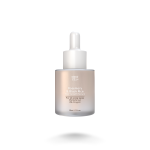 Hair Growth Serum - Redensyl, Anagain & Rosemary
Hair Growth Serum - Redensyl, Anagain & Rosemary
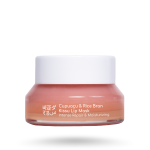 Kissu Lip Mask - Cupuacu & Rice Bran
Kissu Lip Mask - Cupuacu & Rice Bran
